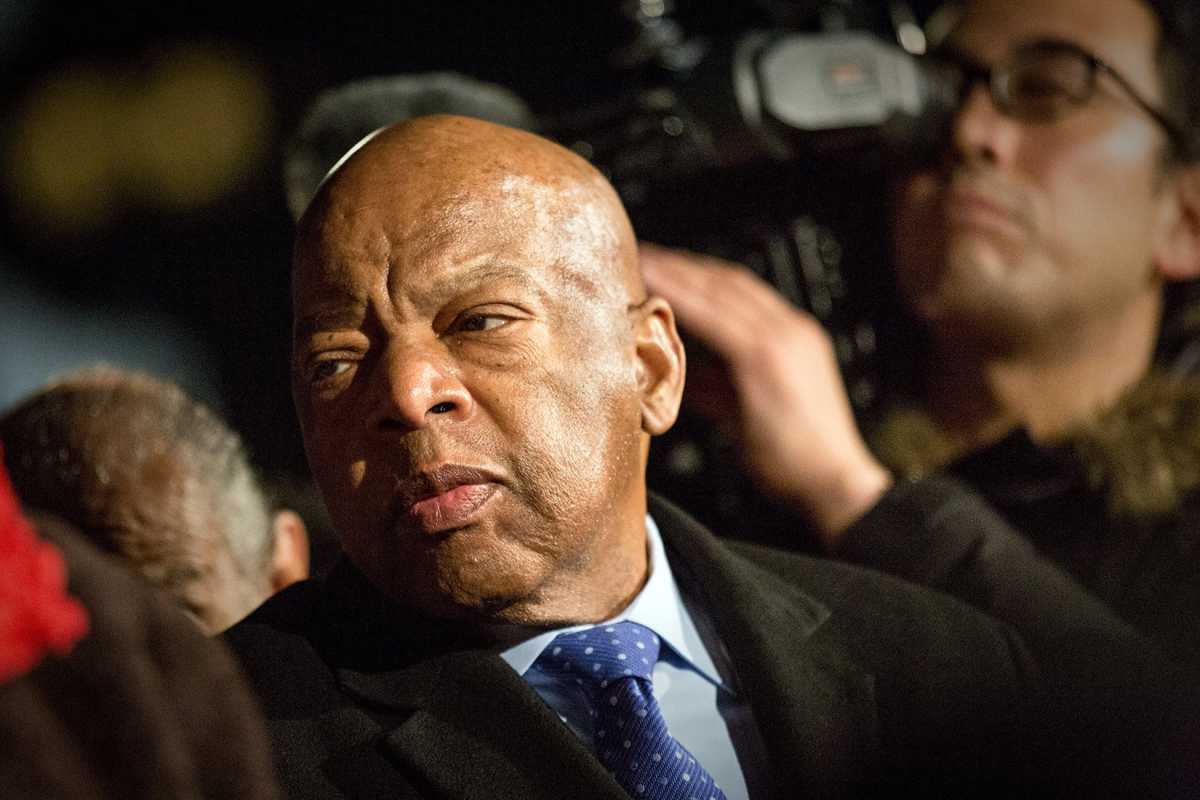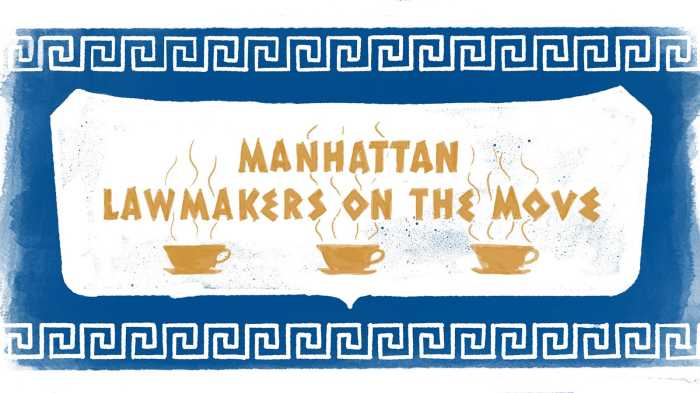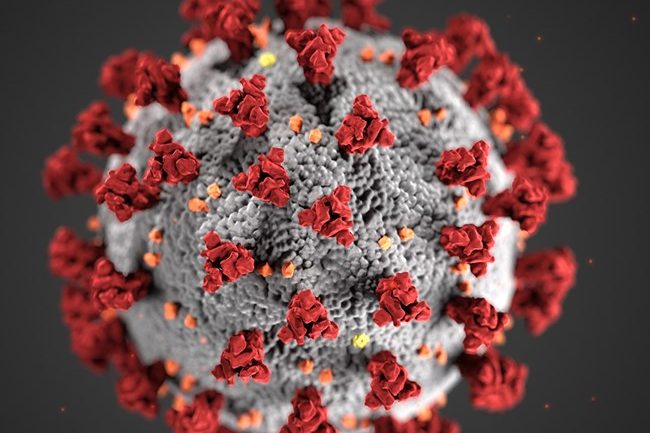In his younger days, the late U.S. Rep. John Lewis (D-GA) had the rare honor of receiving recognition from legendary civil rights figure Martin Luther King, Jr. Dr. King saw Lewis as kin and affectionately nicknamed him the “boy from Troy”. The Honorable Charlie B. Rangel still recalls a particularly humorous exchange between the two activists.
“One day. Dr. King said to him, ‘You know, you ought to be a preacher; have you ever preached?'” recalled Rangel. “He said, ‘Yes, quite often, Dr. King. I do preach.’ So King said, ‘Where’s your church?’ And Lewis said, ‘Don’t have one.’ So Dr. King asked, ‘Then where do you preach?’ And Lewis said, ‘Every morning when I go to the shower, I be preachin’, Dr. King.’ He had a sense of humor that was so amazing.”
That was just one of the many stories shared last night at a virtual tribute to the late John Lewis and his legacy.
On Aug. 12, U.S. Rep. Adriano Espaillat (D-Manhattan, Bronx) hosted a tribute to John Lewis over Zoom, which was broadcasted live on his Facebook page. Among the many attendees were Rev. Calvin Butts of the Abyssinian Baptist Church; Rev. Al Sharpton of the National Action Network (NAN); New York Attorney General Letitia James (D); NAACP President Hazel Dukes; Councilmember Mark Levine (D-Manhattan Valley, Manhattanville); State Senators Robert Jackson (D-Washington Heights, Fort George, Inwood) and Brian Benjamin (D-Harlem, Upper West Side).
“Welcome, everybody, to this important and historic memorial for the great John Lewis – the conscience of Congress, and a beacon of light for America,” said Espaillat. “I thought it prudent that we come together in this form and recognize John Lewis for the many, many contributions that he gave to America, to the state of Georgia.”
Butts opened the Ceremony with a Bible verse – Hebrews 11. “These all died in faith – not having received the promise, but having seen them from far off, and embraced them.” In this context, “the promise” refers to a future where systemic racism is extinct in America, and the color of one’s skin is no longer an obstacle to happiness and prosperity. Lewis, tragically, never lived to see this future, but he never lost faith that it could one day arrive.
“Like Martin Luther King, Jr., John Lewis saw something that made him commit his life, risk his life for the struggle for civil and human rights,” said Butts. “And I’m praying that all of us, by reviewing his life. by participating in forums such as this. we could maybe catch a glimpse of what he saw. When we think of Bloody Sunday, when we think of his participation in the Freedom Rides, we see a man who committed his life to something that was not yet tangible on this earth. But yet, he was willing to die for it.”
And thanks to his efforts, we’re far closer to that future than we would be otherwise. In 1963, Lewis helped organize the March on Washington, one of the largest political rallies in American history and the site of the historic “I Have a Dream” speech. The march was the main catalyst for the passage of the Civil Rights Act of 1964 and the Voting Rights Act of 1965.
Al Sharpton shared fond memories of idolizing Lewis in his childhood and teenage years.
“John Lewis was an iconic figure to those of us who were younger,” said Sharpton. “I was about 15 years younger than him and Julian Bond and Jesse Jackson, so they were the models for us. They’d teach us about civil disobedience and about marching. Even though we were in the north; we felt they were ‘southern’ and ‘country’. But they were the soul of the movement that really changed the country.”
Several of the speakers brought up former Vice President Joe Biden’s (D) newly announced running mate, U.S. Senator Kamala Harris (D-CA). All of them agreed that Lewis would have been proud to see Harris become the first woman of color to be part of a presidential ticket.
For Hazel Duke, the news fueled her faith that Lewis’s dreams could one day come to fruition.
“Today, we saw Vice President Biden get us a step closer to the beloved community by choosing an African-American woman,” said Hazel Duke. “Regardless of the disappointments and the setbacks, I can continue to keep the faith; I believe that we will see the democracy that we have fought for.”
As Sharpton pointed out, it’s important that we not just remember Lewis’s legacy, but continue it as well. To preach equity and racial justice is not enough; we must push for actual results.
“John Lewis told us that demonstration without legislation will never lead to reconciliation,” said Sharpton. “We must make sure that we don’t just remember John Lewis, but continue John Lewis, because that’s what he would have wanted. He would always say, ‘If you don’t get results out, it’s all drama. You have to make sure that all of what you do is geared towards permanent change.'”








